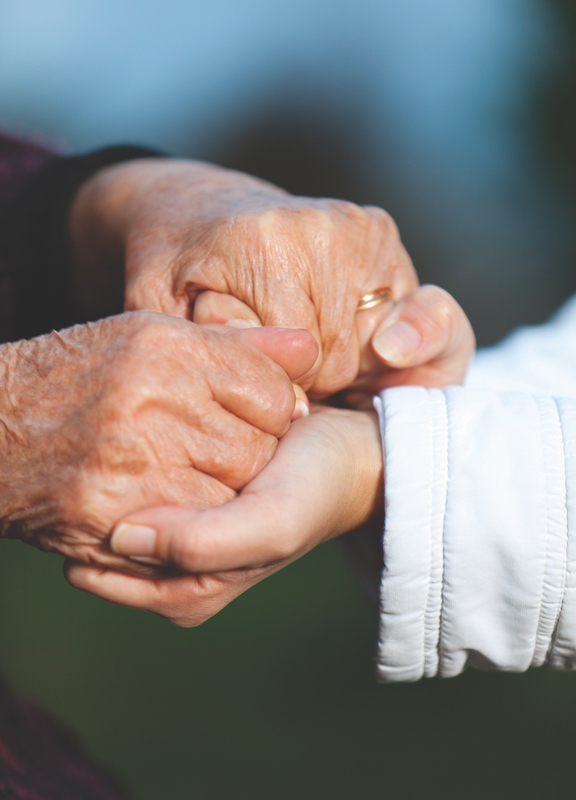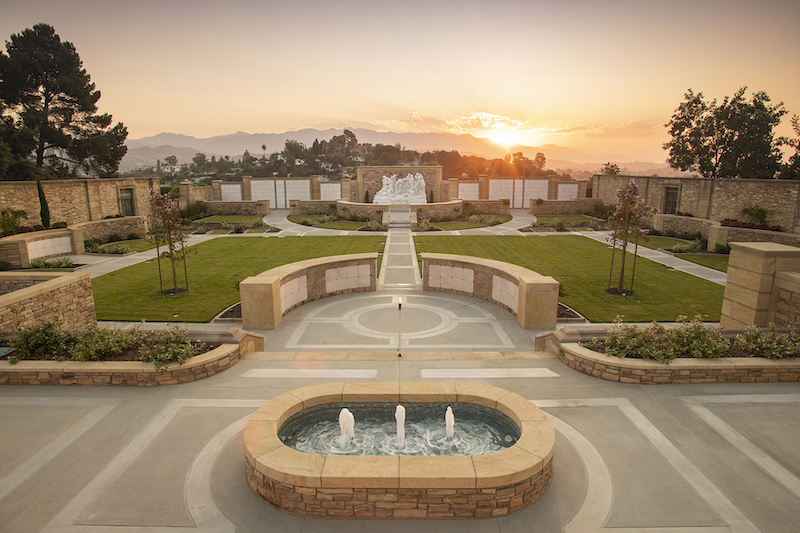

Gamil Ragheb Ashamalla
Gamil Ragheb Ashamalla
March 22, 1927 — April 10, 2019
During his time at medical school, he made lifelong friends and demonstrated his time management skills, pragmatically taking lunches in the cadaver lab, sandwich in one hand, scalpel in the other. Following graduation, a medical school friend found him a residency at Kaiser Permanente Hospital in Oakland, California, and as revolution rocked the country, he left Egypt the same day as King Farouk, on July 26, 1952.
In 1956, Gamil returned to Egypt and began military service as a doctor. After completing his mission and being told his service would be involuntarily extended, he secured a teaching position at Hammersmith Hospital in London. When conflict over the Suez Canal began, his offer was rescinded, since Egypt and Great Britain were now at war. His family, fearing trouble for his frequent criticism of the government, scrambled to help him exit the country. He landed in Florence, Italy. Without a work visa, he tooled around on a Vespa, flirting with international students and eating so much pasta he never really had a taste for it again.
A special Congressional visa, requested by one of his former patients, allowed him to return to California for a residency in urology, a new specialty. He went to Kaiser Los Angeles and was one of the first Egyptians in Los Angeles County. There, he lived in the West Adams area, then mid-Wilshire, with his brothers, Philip and Shoukry, who had come from Egypt to join him. A busy young doctor, he ate at the hospital and sent his laundry out. When the service informed him that it didn't wash undergarments, he assumed they were disposable in America and just bought more each week.
In 1958, he attended a church fundraiser for the Middle East with Shoukry. Shoukry met a young woman there and asked her on a date. She agreed if her sister, Jeanette, could chaperone, so Shoukry brought Gamil along. Gamil and Jeanette were an excellent match, both fun-loving and strong-willed, with personalities that filled the room. He said he had to marry her to find out how old she was, so he did. They became a family eleven months later when Rosemarie was born, living in an apartment in East Hollywood, then were joined seven years after that with Michele in Los Feliz.
He continued to help his immediate and extended family emigrate and he socialized often with them and his friends. On weekends, there would be large get-togethers, with him winning gleefully at ping-pong or tawla (backgammon), and poker parties filled with laughter and cigars. Saturdays, Gamil would play tennis with his crew, moving from singles to doubles as he got older, choosing young partners who would do all the running for him. He would come home to "his chair," calling out as he opened the door that it had better be vacant. He would sit there with a cold drink and a bowl of mixed nuts and without the slightest trace of irony, sigh contently and say "Ghoulb el donya! Ghoulb weh aazab!" (Life is tough! Tough and bitter!)
Gamil was a leader in the Egyptian community, sponsoring countless Egyptians and helping them get along in a new country. He was instrumental in the planning and establishment of St. Mark's, the first Coptic church in the Los Angeles area in 1970 (and only the second in the US), then again in 1974 with St. Mary's. He also arranged for a small nonprofit medical clinic, QueensCare, to lease land from the church and set up nearby to serve the congregation and surrounding neighbors.
Professionally, he was a brilliant and forward-thinking surgeon. As rent climbed for office space, he built his own medical offices and sold the units as office condominiums to other doctors. He saw the future of medicine in managed care and started an early HMO medical group. He was named chief of staff of Queen of Angels Hospital and later, of Queen of Angels-Hollywood Presbyterian Hospital, and his family nickname of "Chief" was now what everyone called him.
Gamil was a founding member of the Arab American Medical Association and the Egyptian American Urologists Association. Invited to join a delegation of doctors to visit China the year before Western tourists were allowed, he brought back new knowledge of Eastern medicine and a kitchen gadget he loved that was able to keep hot items hot and cold items cold. He didn't realize we had thermoses here, too…
He traveled extensively with his family throughout Europe, the Middle East, Russia, and China, never letting language barriers, train timetables, or stick shift cars get in his way. If he missed a flight with the family, they would just take another one, maybe going somewhere else. He explored new cities by jumping into a cab and getting the driver to take him around all day, sitting in the front and talking politics. He never missed the nightly news, loved John Wayne movies, the beach, and his grandchildren, Ava, Nathan, and Vivian. He was the life of every party and enjoyed activity until the very end, winning in Vegas with Arlene, his caregiver, and eating oysters on the half shell in his last days. (He was an unabashed carnivore, once stating while watching the birds at Descanso Gardens, "I love geese. One time I ate a whole one by myself.")
Although he remained in good health for many years, a stroke some time ago took away first the ready laugh, then the sure step. Still, he remained larger than life, modeling how to live a life of service to others that is full of joy and meaning. Gamil touched so many of us - family he helped to bring from Egypt, his children, grandchildren, and the friends they brought home over the years, the young doctors he mentored, and the Coptic community whose Los Angeles institutions he helped found. He will be greatly missed, but his quick wit, strong spirit, and his wisdom in living life to the fullest will always be with us.
Gamil is predeceased by his wife of 56 years, Jeanette, and survived by his brothers, Shoukry and Mounir, children Rosemarie and Michele, son-in-law Thomas Heller and grandchildren Ava, Nathan and Vivian Heller. In lieu of flowers, donations can be made to copticorphans.org or lohada.org.
Guestbook
This site is protected by reCAPTCHA and the
Google Privacy Policy and Terms of Service apply.
Service map data © OpenStreetMap contributors
© 2023 Forest Lawn Memorial-Park Association
FOREST LAWN MEMORIAL-PARKS & MORTUARIES | Arcadia - FD 2186 | Cathedral City - FD 1847 | City of Industry - FD 2121 | Coachella - FD 640 | Covina Hills - FD 1150 | Cypress - FD 1051 | Glendale - FD 656 | Hollywood Hills - FD 904 | Indio - FD 967 | Long Beach - FD 1151 | Whittier - FD 2302
We respect your privacy and will not sell your personal information. Forest Lawn will collect and use the information you provide here to periodically email, call, text or message you with information about products, services, and events according to the terms of the Forest Lawn Privacy Policy and Terms of Use until you change your communication preferences at www.forestlawn.com/preferences.
Health Insurance Coverage Transparency
Cigna • Kaiser





